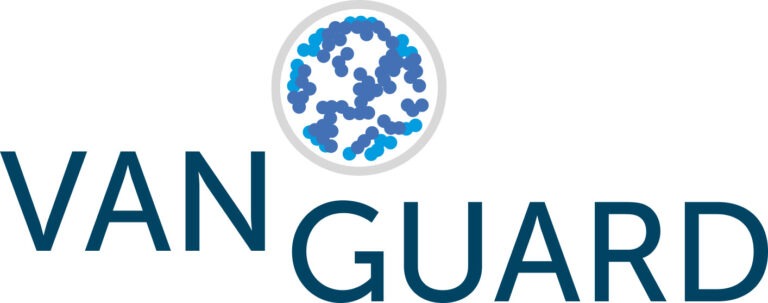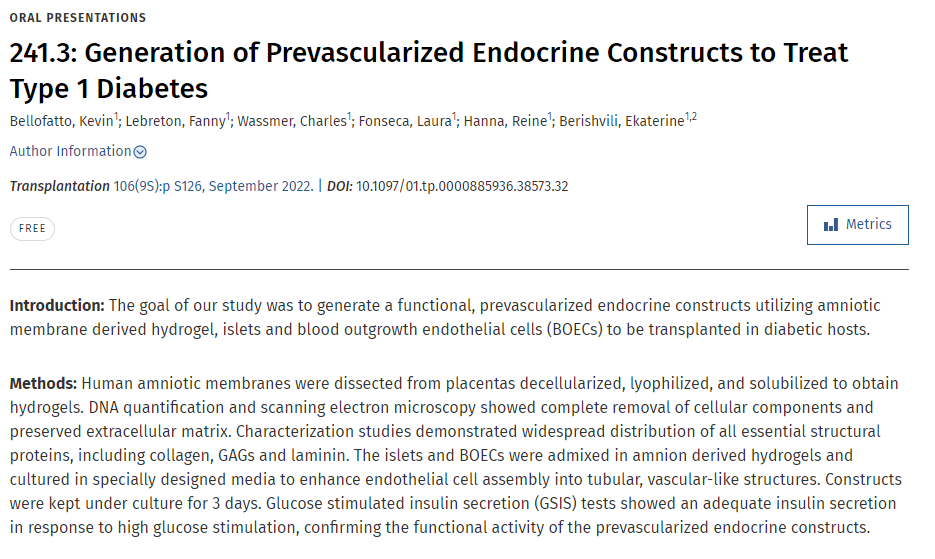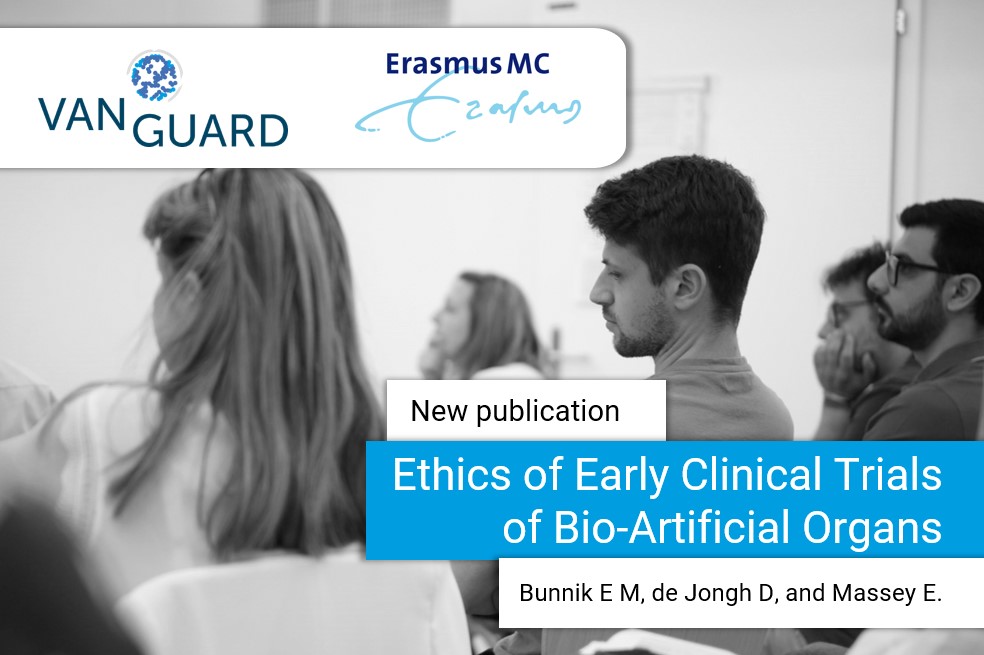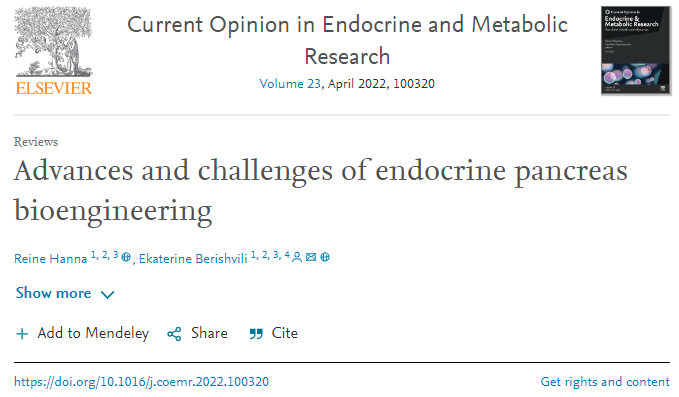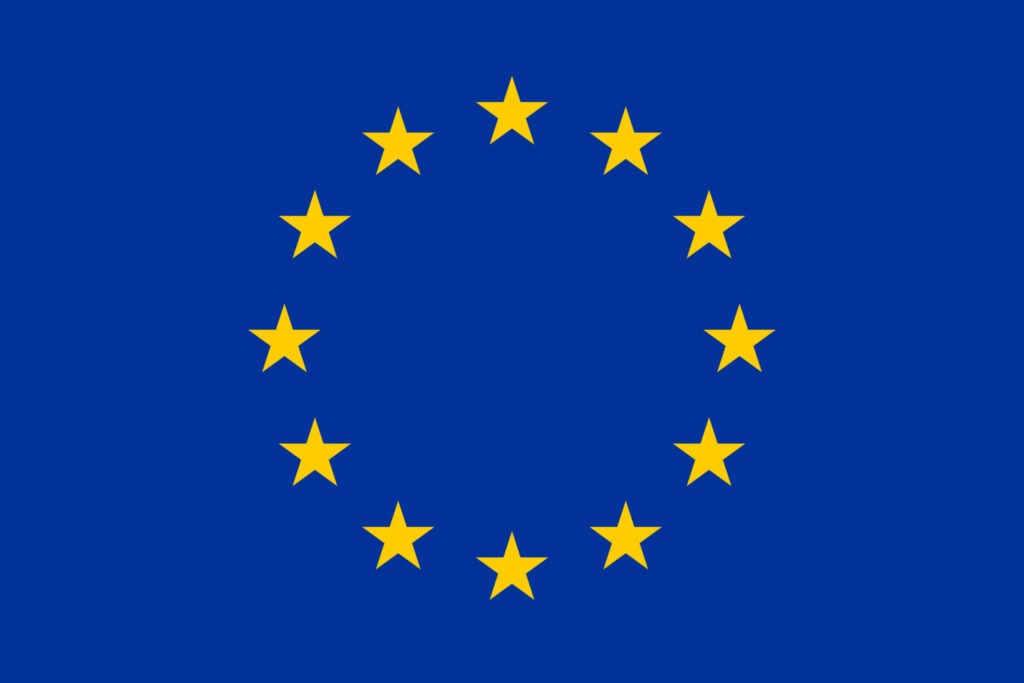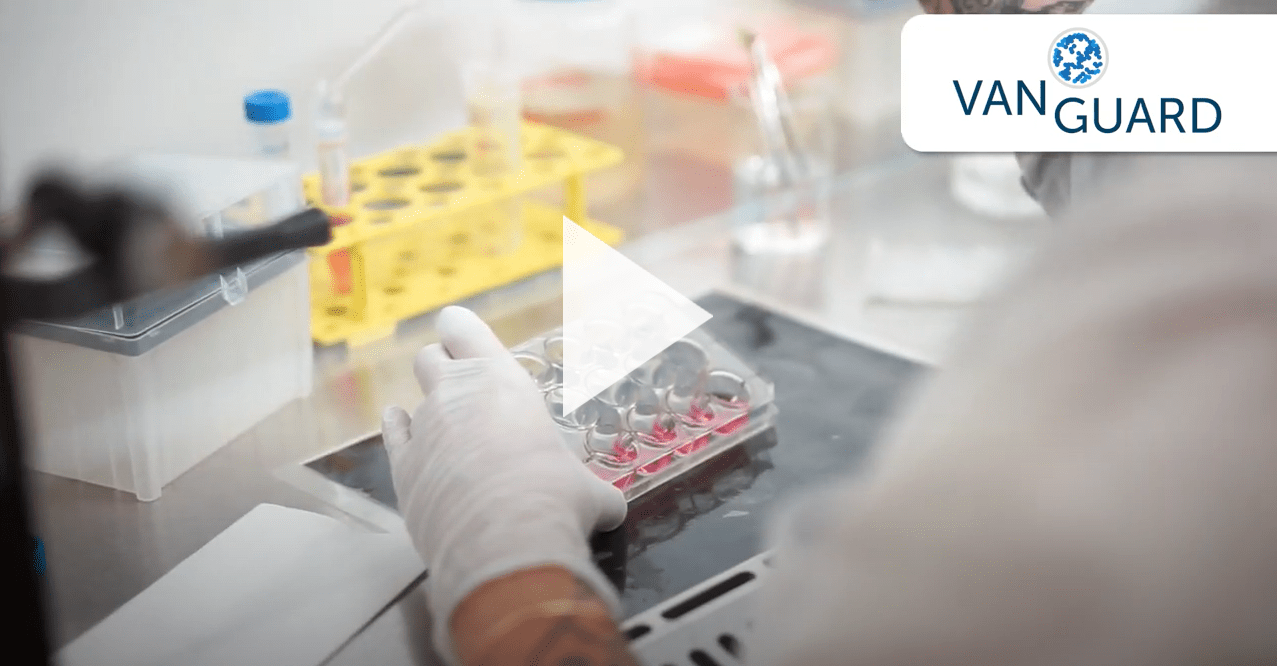
Watch the VANGUARD project video online
During the annual VANGUARD project meeting 2022 held in Geneva, Switzerland we spoke to all project partners involved about the objectives of VANGUARD, their role within the project and the possible impact generating a vascularized and immune-protected bioartificial pancreas that
